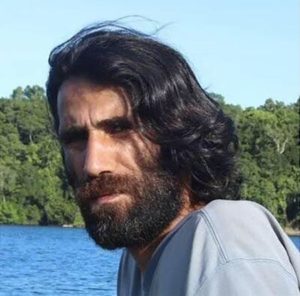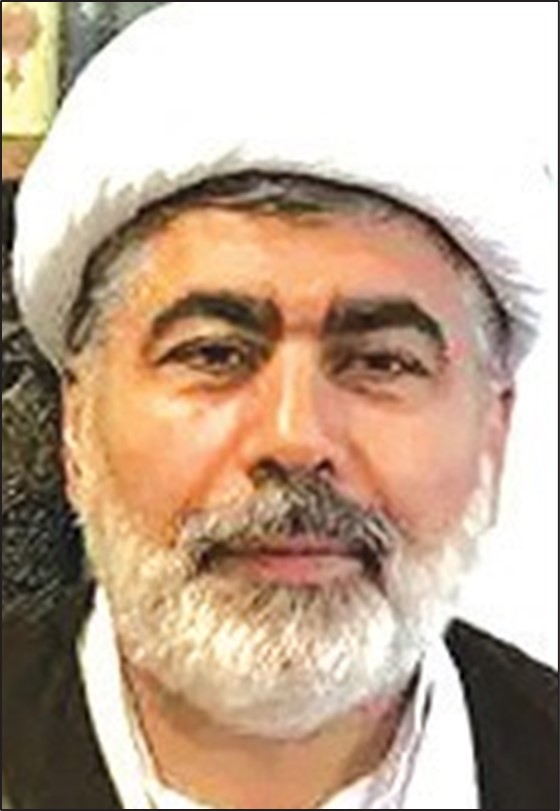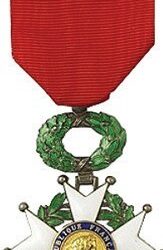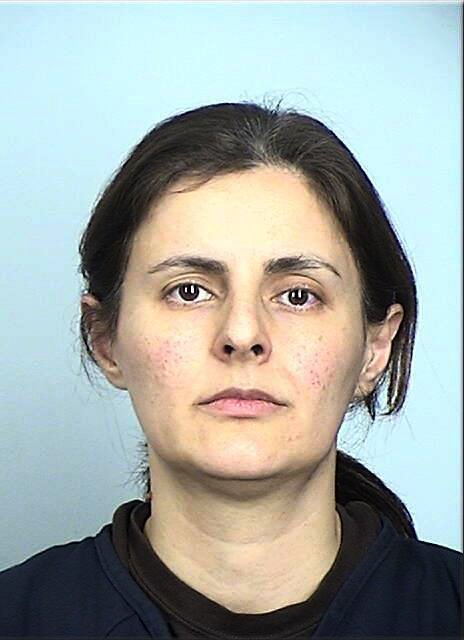September 06, 2019

Australian migration detention on Manus Island since 2013, has won Australia’s National Biography Award for his memoir, “No Friend But the Mountains.”
Boochani won $11,500 with the award, which is Australia’s richest prize for biographical writing, organizers at the State Library of New South Wales said in a statement August 12.
Boochani has already won several other Australian prizes this year, including the Victorian Premier’s Literary Award, the New South Wales Premier’s Literary Award, and non-fiction book of the year at the Australian Book Industry Awards.
In his memoir, Boochani details his journey after fleeing Iran due to persecution, arriving from Indonesia at Australia’s Christmas Island on a boat, and being imprisoned by the Australian government on Manus—where he has been held for more than six years—with some shocking details of cruelty, humiliation and constant surveillance.
Boochani attempted to reach Australia by boat from Indonesia twice.
On the first attempt, the boat sank and Boochani was rescued by Indonesian fishermen.
On the second try, in July 2013, his boat, which held 75 asylum seekers, was intercepted by the Australian Navy and he was transferred to the Manus Island detention center.
Manus is an island belonging to Papua New Guinea, but has been used by Australia since 2013 as a place to send asylum seekers who aren’t welcome in Australia. The practice has been denounced as contravening the human rights of the refugees and migrants detained there.
Boochani wrote his book one text message at a time on Manus. It was translated from Persian into English by a friend.
The judges praised the book for “its poetic and epic writing,” calling it “profoundly important, an astonishing act of witness and testament to the lifesaving power of writing as resistance.”
Boochani, unable to accept the award in person, thanked the organizers and his supporters through a phone messaging app from Manus Island. “I think history will judge this generation and will judge all of us in this hard and dark period of Australian history,” he said.



















